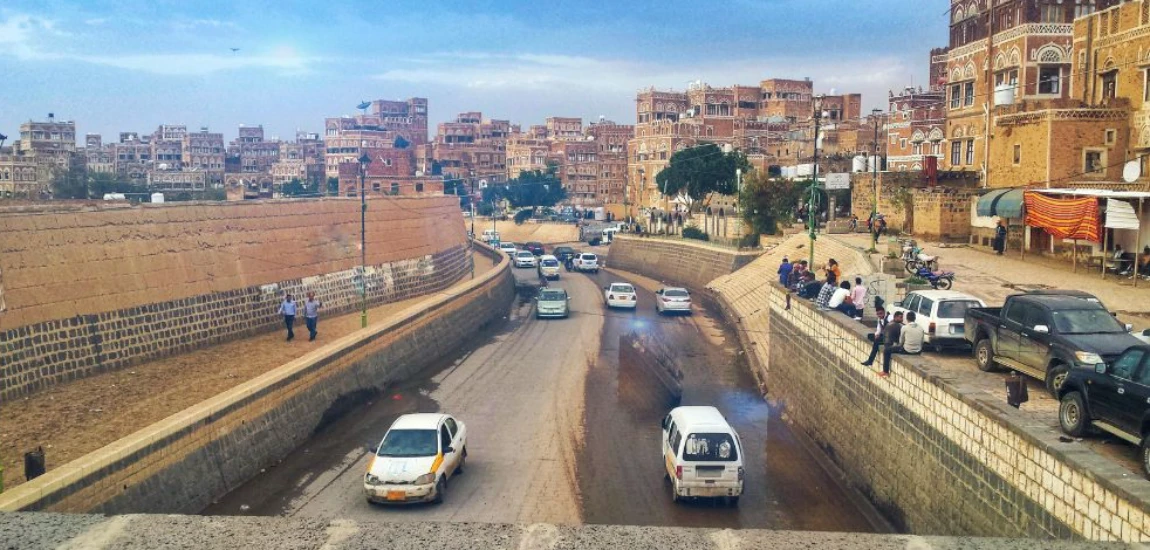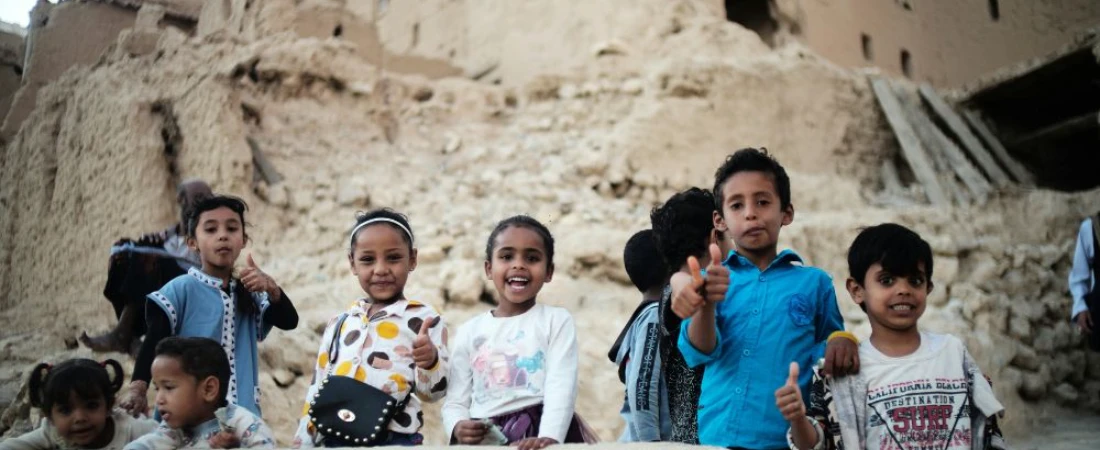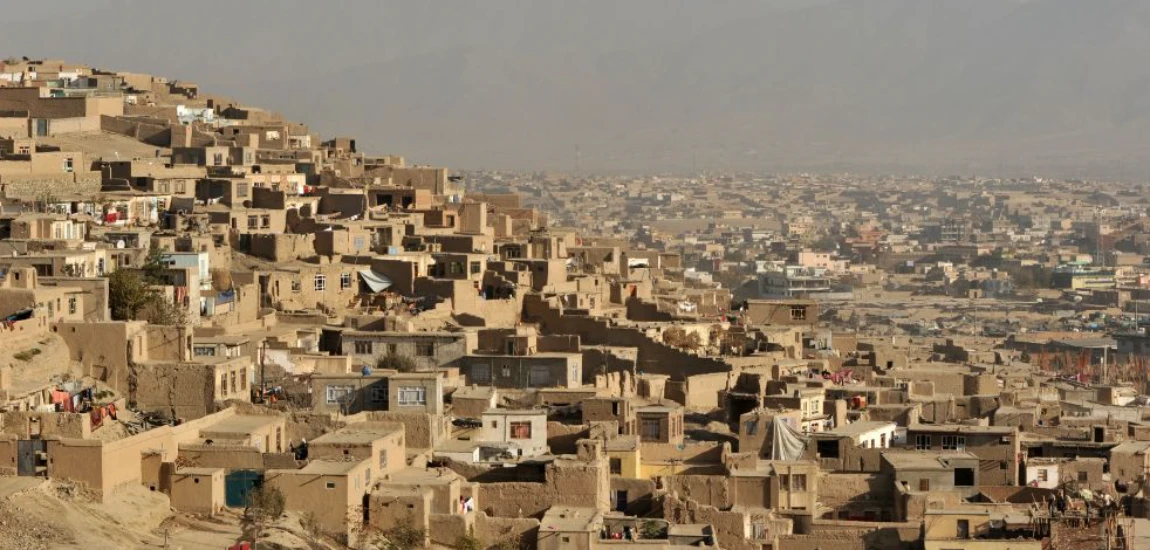Yemeni Hospitality: Personal Encounters and Cultural Experiences

When you think of Yemen, your first thoughts may center around its rich history, breathtaking architecture, or sadly, its recent political struggles. However, ask any traveler who has set foot in this ancient land, and they’ll likely highlight something even more memorable: Yemeni hospitality.
In a world increasingly driven by speed and self-interest, Yemen remains one of the few places where hospitality is a sacred cultural value. Visitors to Yemen often return with touching stories of being invited into homes, served food by strangers, and treated like family. This blog post dives into personal encounters and immersive cultural experiences that reveal the depth and soul of Yemeni traditions, kindness, and community spirit.
The Essence of Yemeni Hospitality

Hospitality in Yemen is not just about offering tea or a meal it is an act of honor. Rooted in Islamic principles and centuries-old tribal customs, the way Yemenis treat guests is a powerful reflection of their identity and values.
Key Elements of Yemeni Hospitality:
- Qahwa (Yemeni coffee) or tea served with dates or sweets
- A heartfelt welcome, even to strangers
- Generous meals, even in humble homes
- Extended conversations that reflect genuine curiosity and warmth
- A guest is treated as “God’s gift,” often with priority over family needs
Invited by Strangers: My First Encounter in Sana’a

My first brush with Yemeni hospitality came shortly after arriving in Old Sana’a, one of the oldest continuously inhabited cities in the world. As I wandered through its UNESCO-listed old city, admiring gingerbread-like buildings with white gypsum windows, an elderly man stopped me with a warm smile and a simple invitation: “You look tired. Come have tea.” Despite my hesitation, I accepted. What followed was a two-hour conversation assisted by hand gestures, Google Translate, and mutual laughter over steaming cups of cardamom-scented tea and fresh bread. Before I left, he handed me a scarf as a gift, refusing to accept anything in return.
Takeaway:
In Yemen, hospitality is extended without agenda no expectation of tips or trade. It’s offered for the sake of kindness.
A Seat at the Family Table: Dining the Yemeni Way

To be invited to a Yemeni home for a meal is an honor that reveals the deep-rooted respect for guests in their culture. Traditional meals often revolve around shared dishes and sitting on floor cushions. The experience is communal, and everyone eats with their right hand from the same platter typically filled with rice, lamb, and vegetables.
Popular Yemeni Dishes You Might Encounter:
- Mandi: Spiced rice and meat slow-cooked underground
- Saltah: Yemen’s national dish—a stew served with spicy fenugreek foam
- Fahsa: A bubbling meat stew in a clay pot
- Malawah bread: Layered, buttery flatbread served with honey or eggs
In one village near Ibb, I was offered a meal by a family who lived in a modest stone house. Despite the limited resources, the feast was grand not in size, but in sincerity. Every member took pride in ensuring I felt like a part of the family.
Travel Tip: Always accept food or drink when offered it’s considered impolite to refuse Yemeni hospitality.
Qat Sessions: Understanding Social Life in Yemen

A major social and cultural experience in Yemen is the qat (or khat) session. Qat is a green-leafed stimulant chewed during long conversations, usually in the afternoon. While qat has stirred health debates, its role in social bonding is undeniable. It's during these informal gatherings that politics, poetry, business, and philosophy are discussed. I was invited to a qat session in Taiz, where the mood was relaxed, the conversation lively, and the insights eye-opening.
As a foreigner, participation wasn’t expected but being there offered a rare, unfiltered look into Yemeni community life. Want to experience local life beyond the tourist trail? See Off-the-Beaten-Path Destinations in Yemen.
Hospitality in Mosques and Desert Villages

Another profound experience took place in a village mosque in Hadhramaut, where I was welcomed after arriving dusty and tired. Not only was I allowed to rest, but the imam himself brought me water and snacks. Later, a group of locals invited me to their home to stay overnight.
In rural Yemen, particularly among tribal communities, the concept of hospitality is often linked to protection and honor. A guest is considered sacred, and even tribal rivalries are set aside when someone seeks refuge or food.
Women’s Hospitality: The Hidden Heart of Yemeni Homes

In a society where gender roles are more defined, I was curious how women experience and express hospitality. In women-only spaces, the hospitality was just as rich—if not more expressive. On one occasion, I was welcomed into a wedding celebration in Al Hudaydah. Though I couldn’t speak the language fluently, I was quickly enveloped in dancing, singing, and laughter. The women offered intricate henna designs, shared sweets, and insisted I try on traditional dresses.
Cultural Insight:
While male travelers often experience Yemeni hospitality in public spaces, female travelers may receive private invitations that offer even deeper cultural insight.
Photography, Gifts & Gratitude

Yemenis are deeply proud of their traditions and are often happy to be photographed but always ask for permission, especially in rural areas and among women. In return for their hospitality, small gestures of appreciation go a long way:
- Bring simple gifts like tea, sweets, or postcards from your home country
- Offer to send printed photos if you take portraits
- Learn basic Arabic greetings as a sign of respect
Traveling to Yemen: What You Should Know

Yemen is currently a complex destination due to ongoing conflict and security concerns. However, parts of the country especially Socotra Island and some Hadhramaut towns are more accessible through specialized tour operators.
Travel Tips:
- Visas: Must be arranged in advance, often through a tour operator
- Guides: Essential for safety and cultural mediation
- Dress code: Conservative attire is required
- Respect customs: Avoid discussing politics and always greet with respect
Check the latest UK Foreign Travel Advice on Yemen before planning your trip.
Socotra Island: Yemen’s Peaceful Paradise

One area where hospitality meets untouched beauty is Socotra Island, often called the "Galápagos of the Indian Ocean." Here, local families welcome visitors into their homes or eco-camps, offering fresh seafood, guided hikes, and stories of island life. I spent two nights with a fishing family who treated me like royalty despite living without electricity or running water. We shared meals under the stars and swapped stories by candlelight.
Bonus Tip: Visit Socotra with eco-conscious operators to support local livelihoods and protect the environment.
Useful Arabic Phrases for Cultural Exchange
- Shukran (شكرا) – Thank you
- Marhaban (مرحبا) – Hello
- Kayfa Haluk? (كيف حالك؟) – How are you?
- Ana min [your country] (أنا من) – I am from [your country]
- Mashallah (ما شاء الله) – A term of praise, “What God has willed”
Conclusion
Traveling through Yemen is not only a journey across ancient landscapes and architectural marvels, but a deep dive into a culture of genuine connection and kindness. In every cup of qahwa, every invitation to dinner, and every offer of shelter, the spirit of Yemeni hospitality shines.
These experiences go beyond mere tourism they transform your understanding of humanity. Yemen teaches us that even in times of hardship, generosity and dignity endure. It’s not the mosques, mountains, or markets that you’ll remember most it’s the people.








